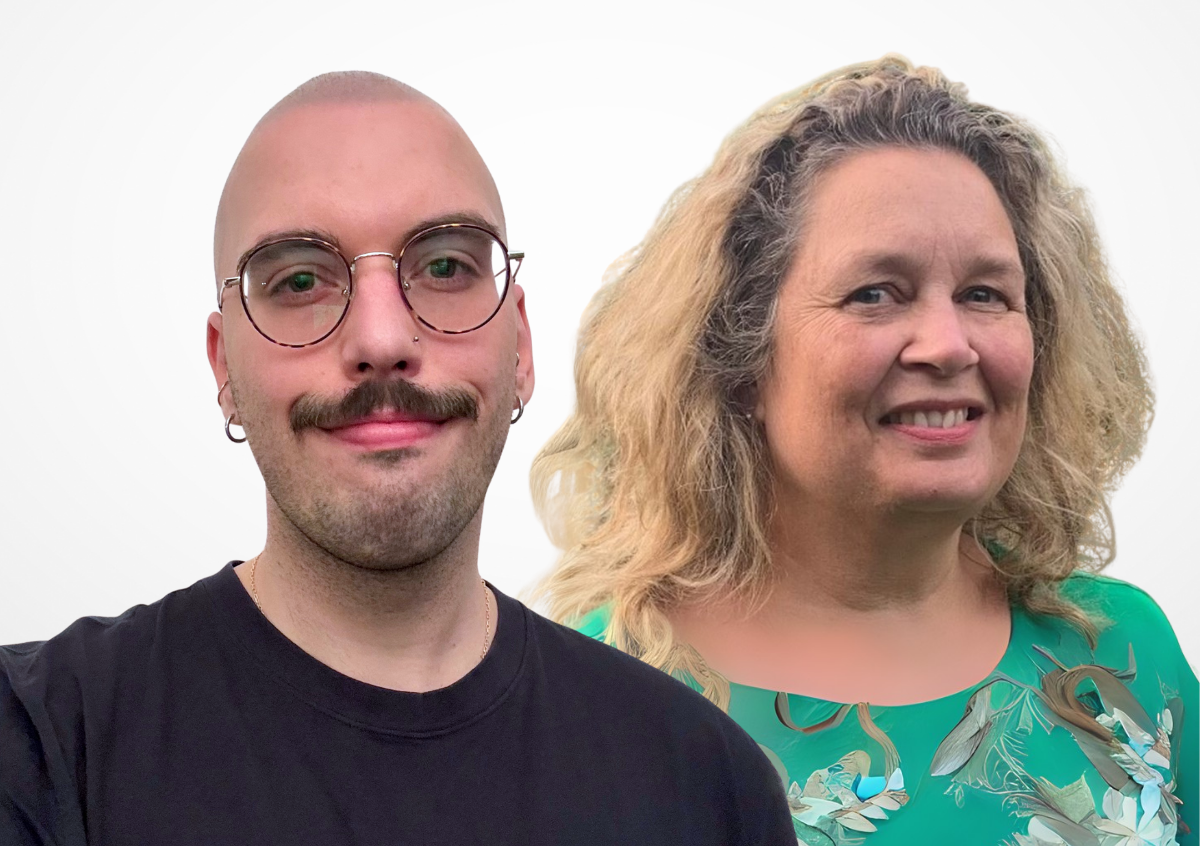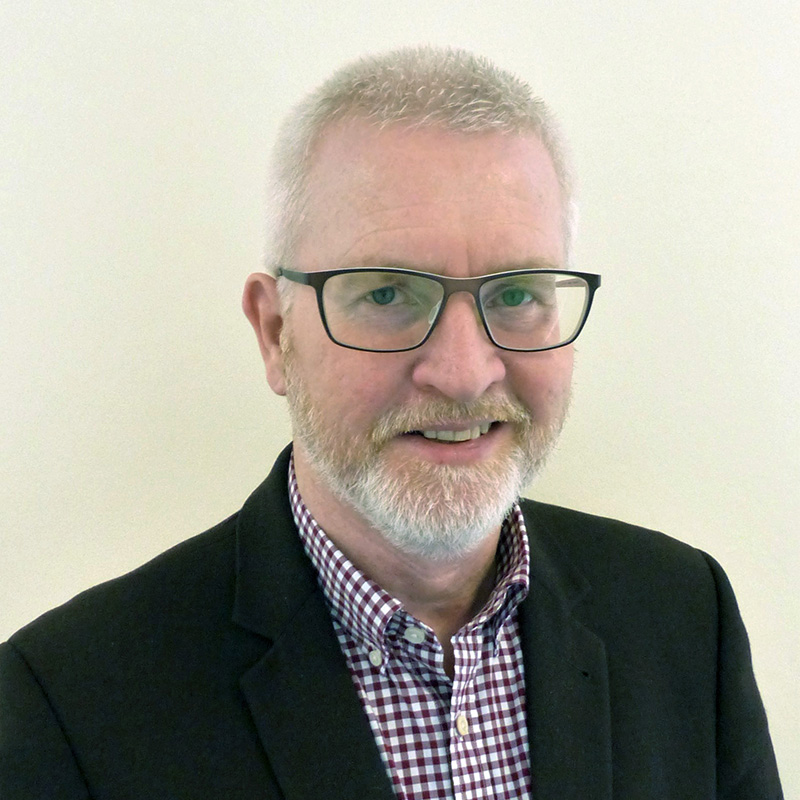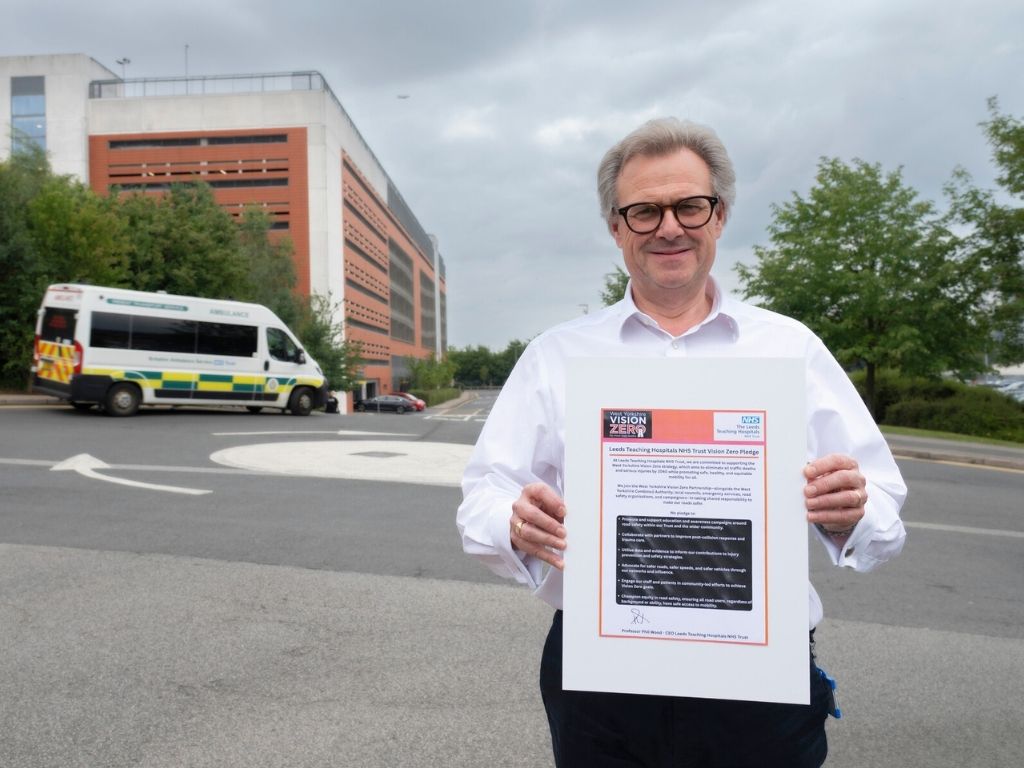*Trigger warning: self-harm*
“Not ill enough”: Re-thinking emergency care for young people who self-harm
What’s the problem?
 Mental health services for young people are overstretched and underfunded. Just 7% of the UK’s mental health budget goes to under-18s yet demand for children’s mental health support has tripled in the last six years. The bar for support is now so high that many are told they’re “Not ill enough” to get the support they need.
Mental health services for young people are overstretched and underfunded. Just 7% of the UK’s mental health budget goes to under-18s yet demand for children’s mental health support has tripled in the last six years. The bar for support is now so high that many are told they’re “Not ill enough” to get the support they need.
Self-harm is one of the most common reasons young people use emergency services. Rates of self-harm have been rising sharply over the past decade, especially among girls aged 11 to 15. For many, self-harm is a way to cope with overwhelming emotions or distress they can’t express in other ways. Sometimes, it’s a cry for help when they don’t know where else to turn.
In many areas, A&E is the only option when someone self-harms. But A&E departments were never designed for mental health. They’re noisy, overstimulating and overwhelming. Staff do their best under huge pressure but often lack the training or confidence to offer trauma-informed, joined-up care. Young people are often discharged without follow-up, bounced between services, or made to feel like they’re in the wrong place.
That sense of being out of place is one I (Daniel) know well. I have lived experience of self-harm and supporting people close to me through it too. I’m also autistic, and I understand the fear and frustration that can come when help doesn’t feel accessible, welcoming or designed for you. As a doctor in CAMHS (Child and Adolescent Mental Health Services), I have had to tell families that A&E is the only place to go in a crisis. It’s a heartbreaking thing to say, and an even harder thing to accept.
What are we doing?
That’s where the EmCASH (Emergency Care After Self-Harm) project comes in. We're working to build a clearer picture of what actually helps young people who need emergency care after they self-harm. We’re combining evidence from research, real-world NHS data, and interviews with young people and their families, to understand what works, what doesn’t, and why.
We define ‘young people’ as up to 25 years old, because people’s needs don’t suddenly change on their 18th birthday. EmCASH is funded by the NIHR (National Institute for Health and Care Research), hosted by the University of Leeds, and delivered in partnership with NHS teams and brilliant third-sector organisations.
This work comes at a time of growing government focus on acute mental health, like investment in mental health response vehicles and ‘mental health A&Es’ (mental health spaces sometimes co-located with A&Es). The 2024 NHS national implementation guidance calls for joined-up, community-based care for young people in crisis. But how do we go from policy to practice?
What can you do?
We’re creating a stakeholder group of clinicians, commissioners and decision-makers to help shape this work by setting priorities, making sense of findings and helping to share them widely.If you believe we can (and must) do more for young people in crisis, we’d love to hear from you.To find out more visit www.emcashresearch.co.uk or email d.
Thank you for reading,
Daniel and Jo


 Airedale NHS Foundation Trust has appointed a new chair, John Lawlor OBE, who joined the trust on 1 August.
Airedale NHS Foundation Trust has appointed a new chair, John Lawlor OBE, who joined the trust on 1 August. In West Yorkshire, one person on average dies every week on our region’s busy roads and thousands of people are injured every year. At the Leeds Major Trauma Centre at Leeds General Infirmary, 28% of injuries are caused by road traffic collisions.
In West Yorkshire, one person on average dies every week on our region’s busy roads and thousands of people are injured every year. At the Leeds Major Trauma Centre at Leeds General Infirmary, 28% of injuries are caused by road traffic collisions.